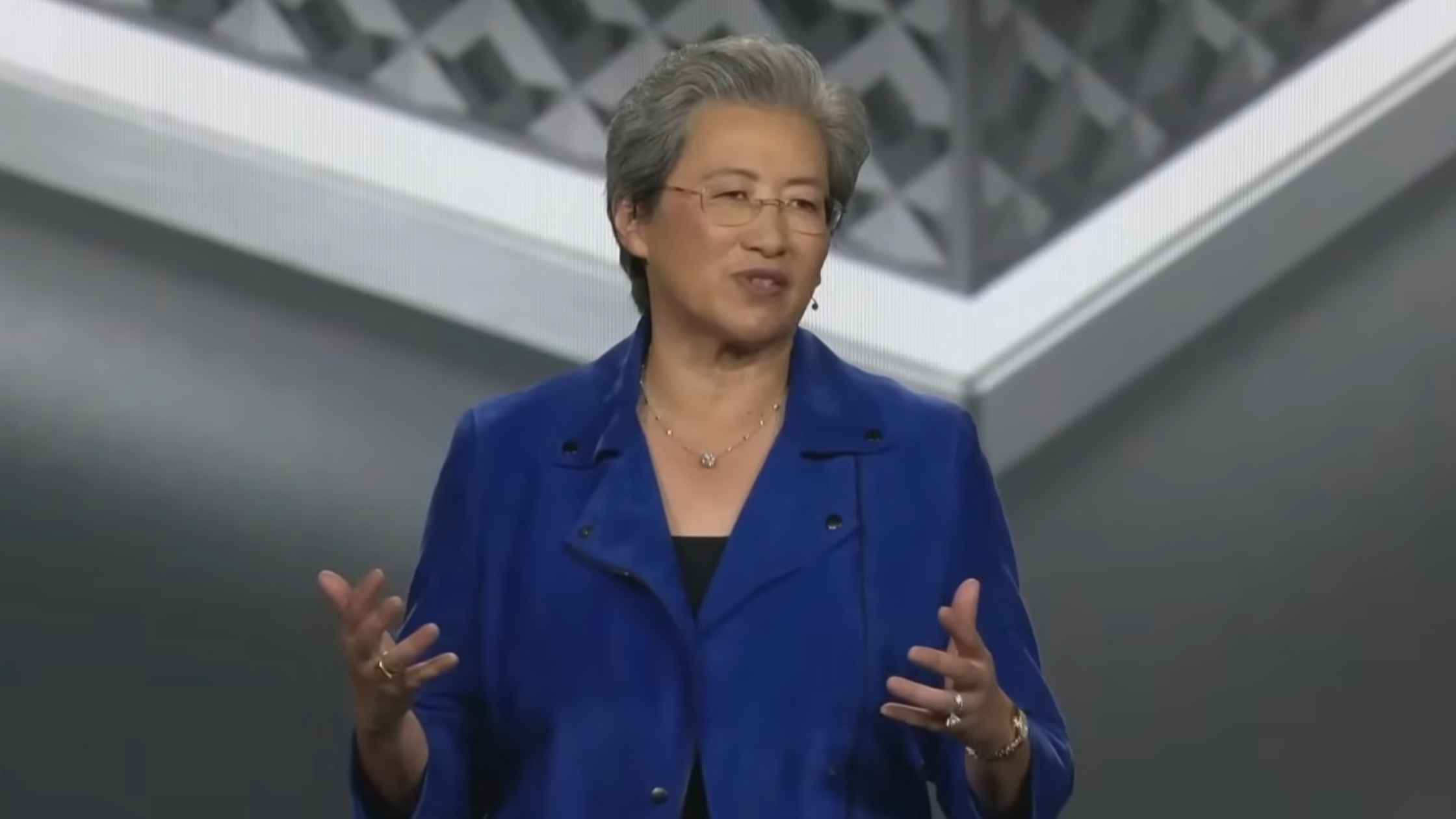Rev’s Transcript Library
Explore our extensive collection of free transcripts from political figures and public events. Journalists, students, researchers, and the general public can explore transcripts of speeches, debates, congressional hearings, press conferences, interviews, podcasts, and more.
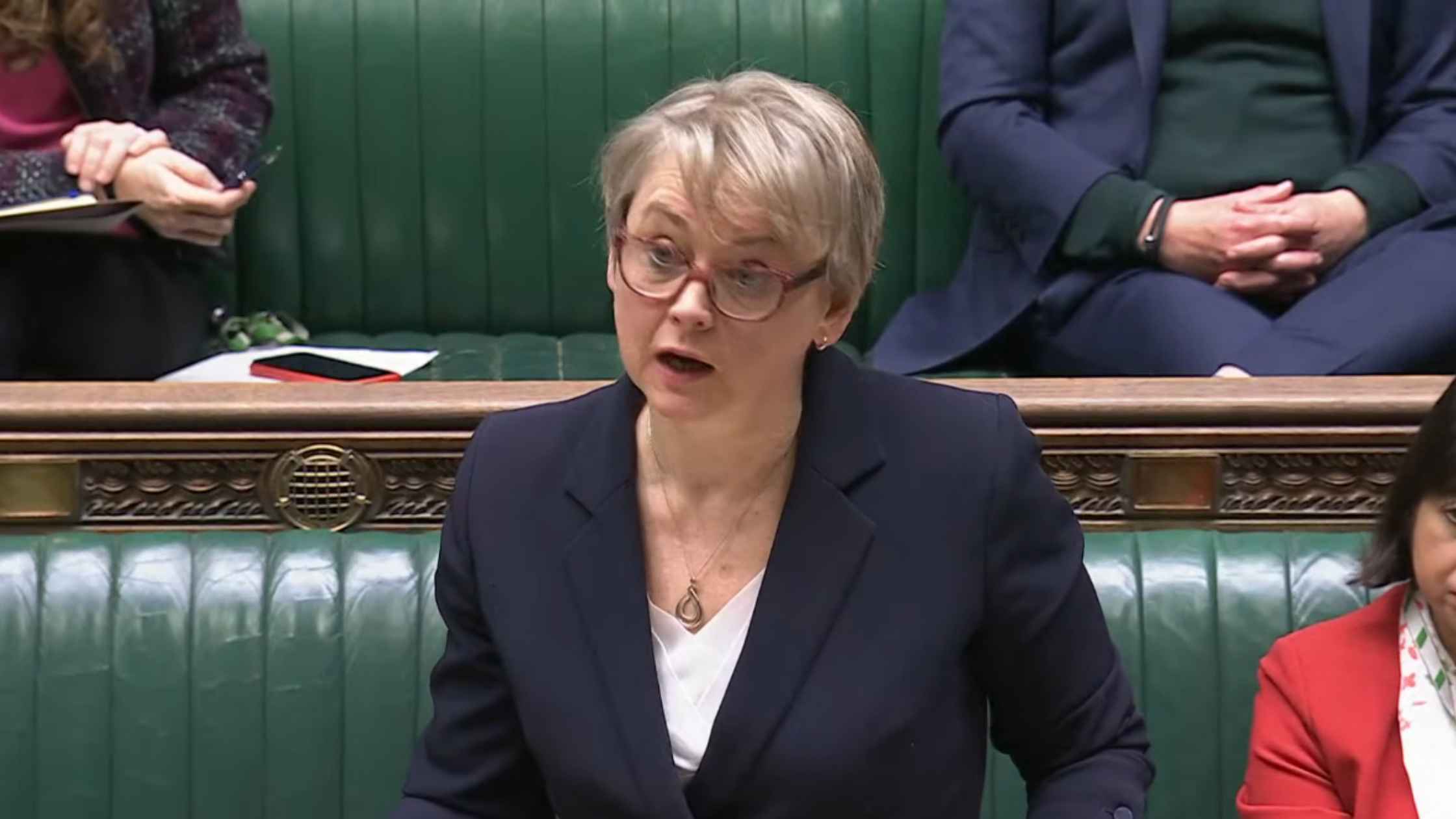
U.K. Foreign Secretary Makes Statement on Venezuela
U.K. Foreign Secretary Yvette Cooper makes a statement on Venezuela following the surprise U.S. military capture of President Nicolas Maduro. Read the transcript here.
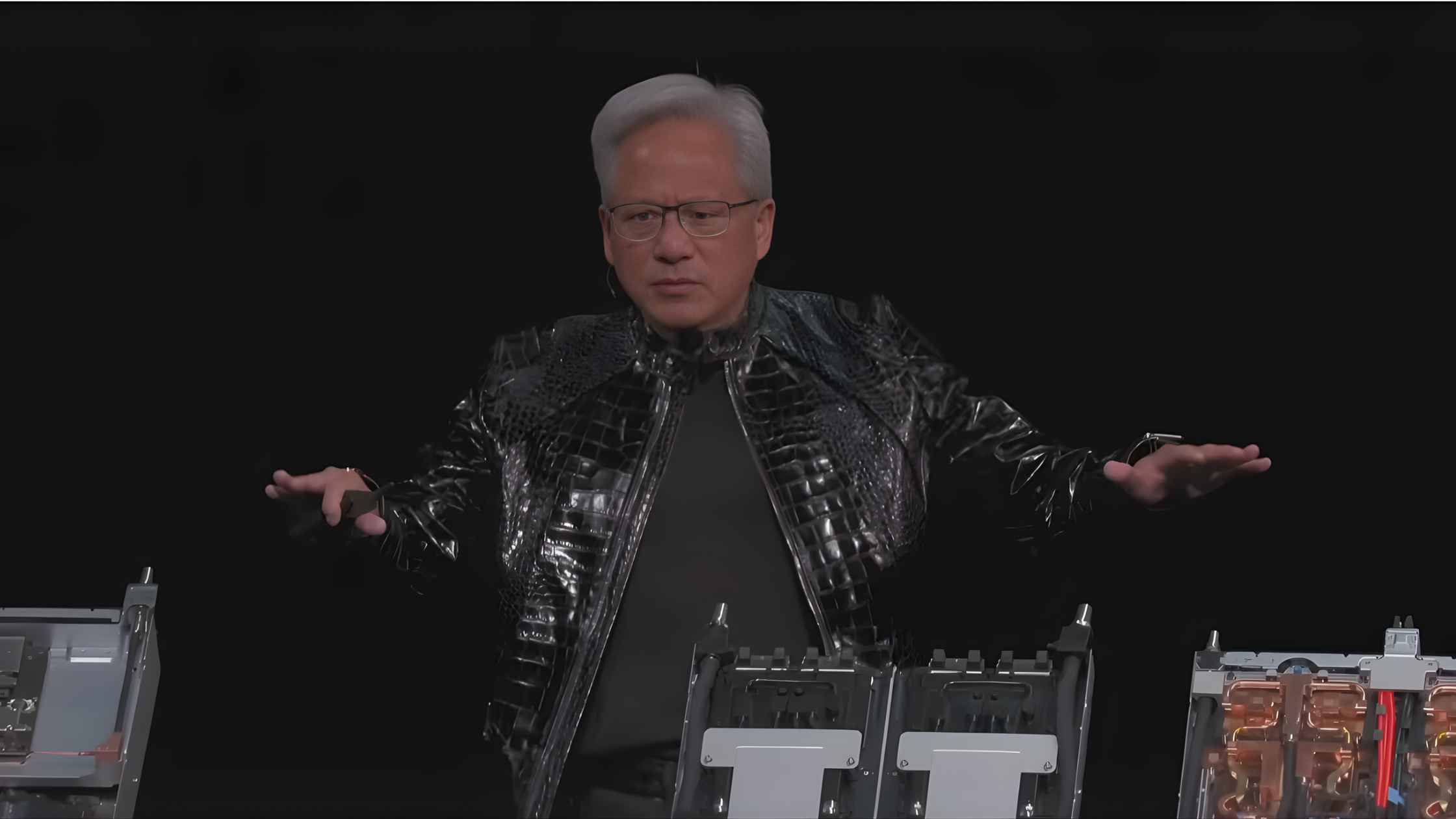
NVIDIA at CES 2026
NVIDIA founder and CEO Jensen Huang speaks at the Consumer Electronics Show in Las Vegas. Read the transcript here.
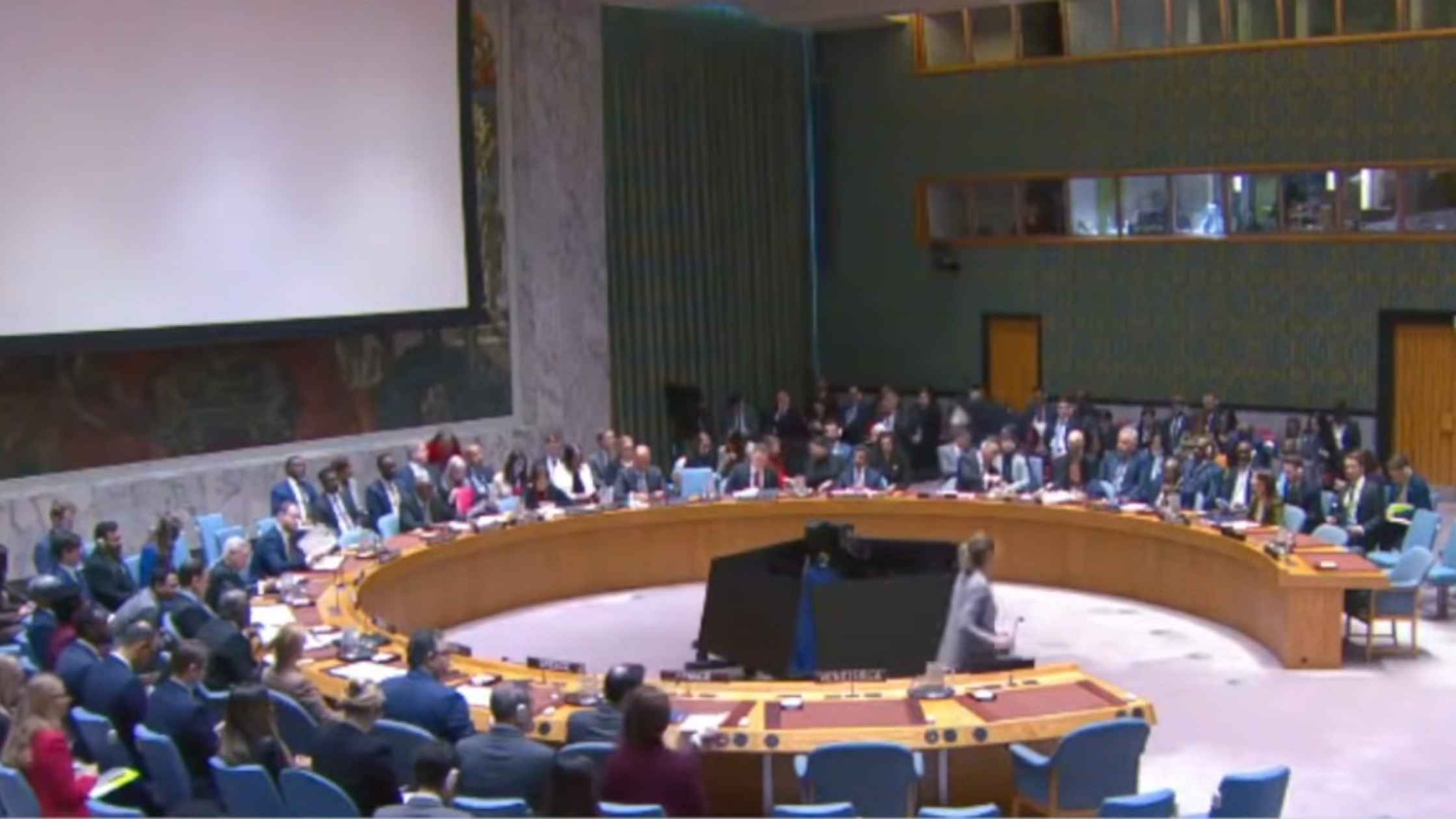
U.N. Holds Meeting on Venezuela
The United Nations Security Council meets after the U.S. Capture Of Nicolas Maduro in Venezuela. Read the transcript here.
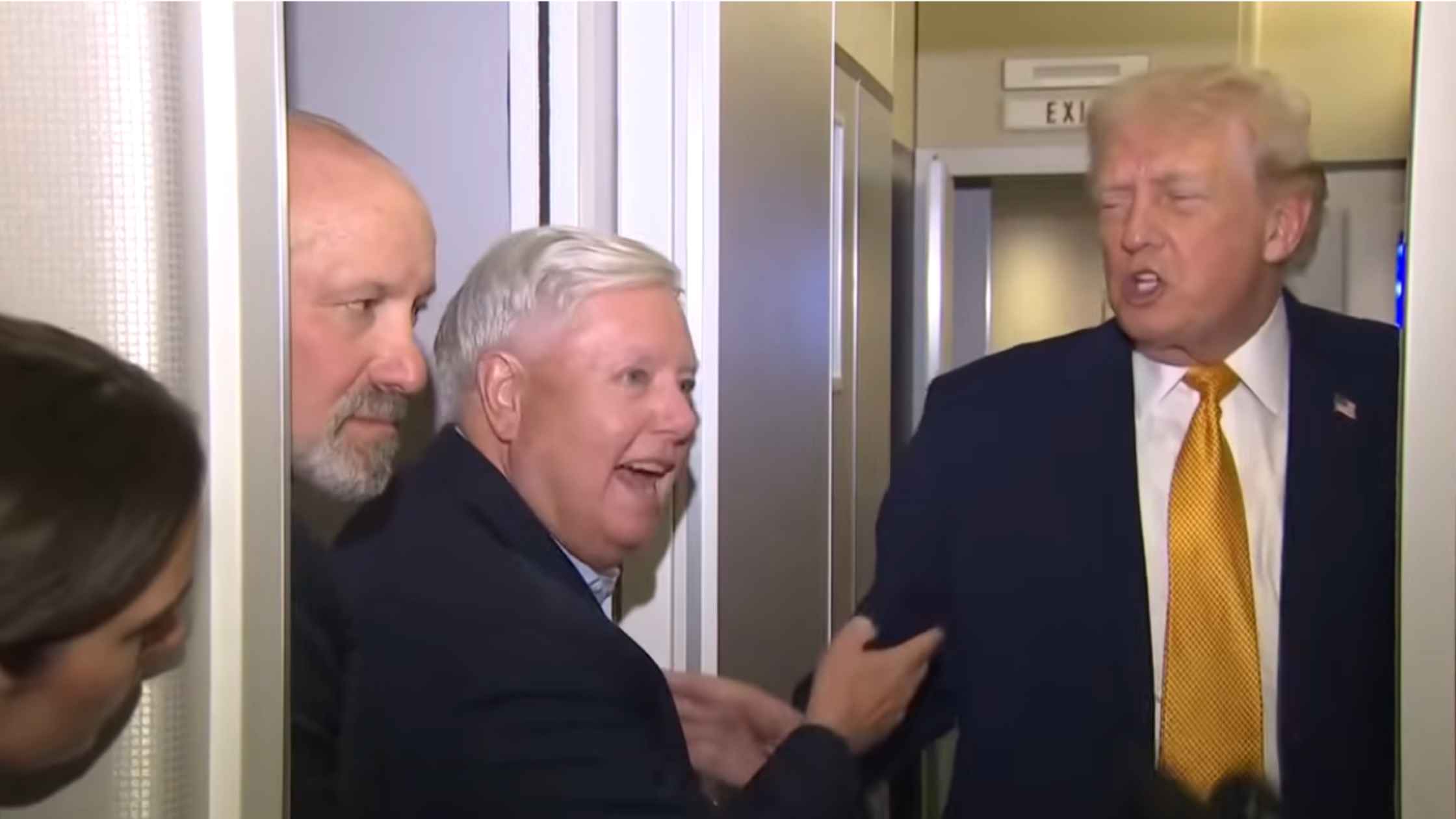
Air Force One Press Gaggle 1/04/26
Donald Trump and Lindsey Graham speak to the press about Venezuela aboard Air Force One on 1/04/26. Read the transcript here.
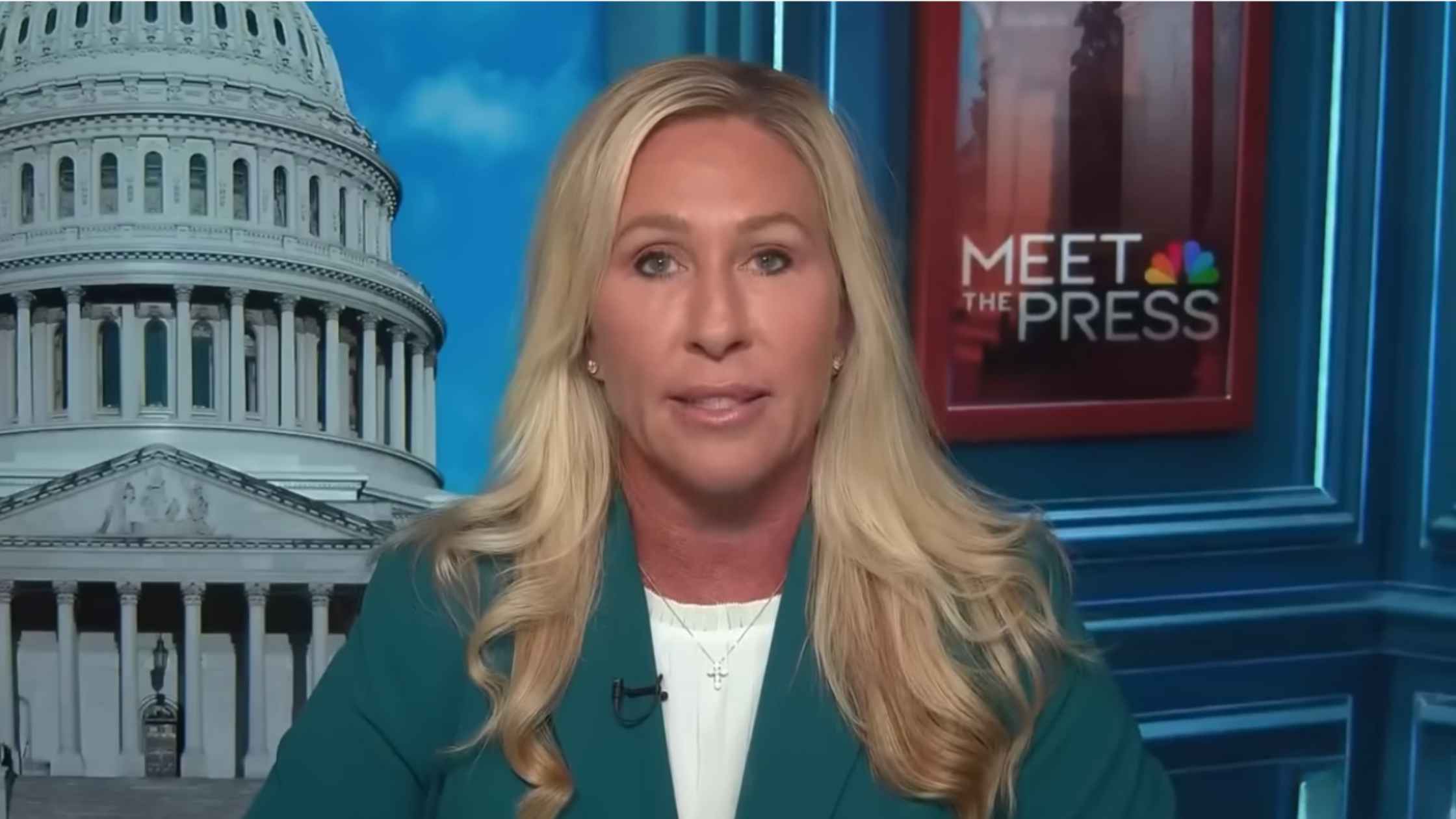
MTG Addresses Venezuela on Meet The Press
Marjorie Taylor Greene discusses why she thinks the capture of the Venezuelan President doesn’t fulfill the America First promises. Read the transcript here.
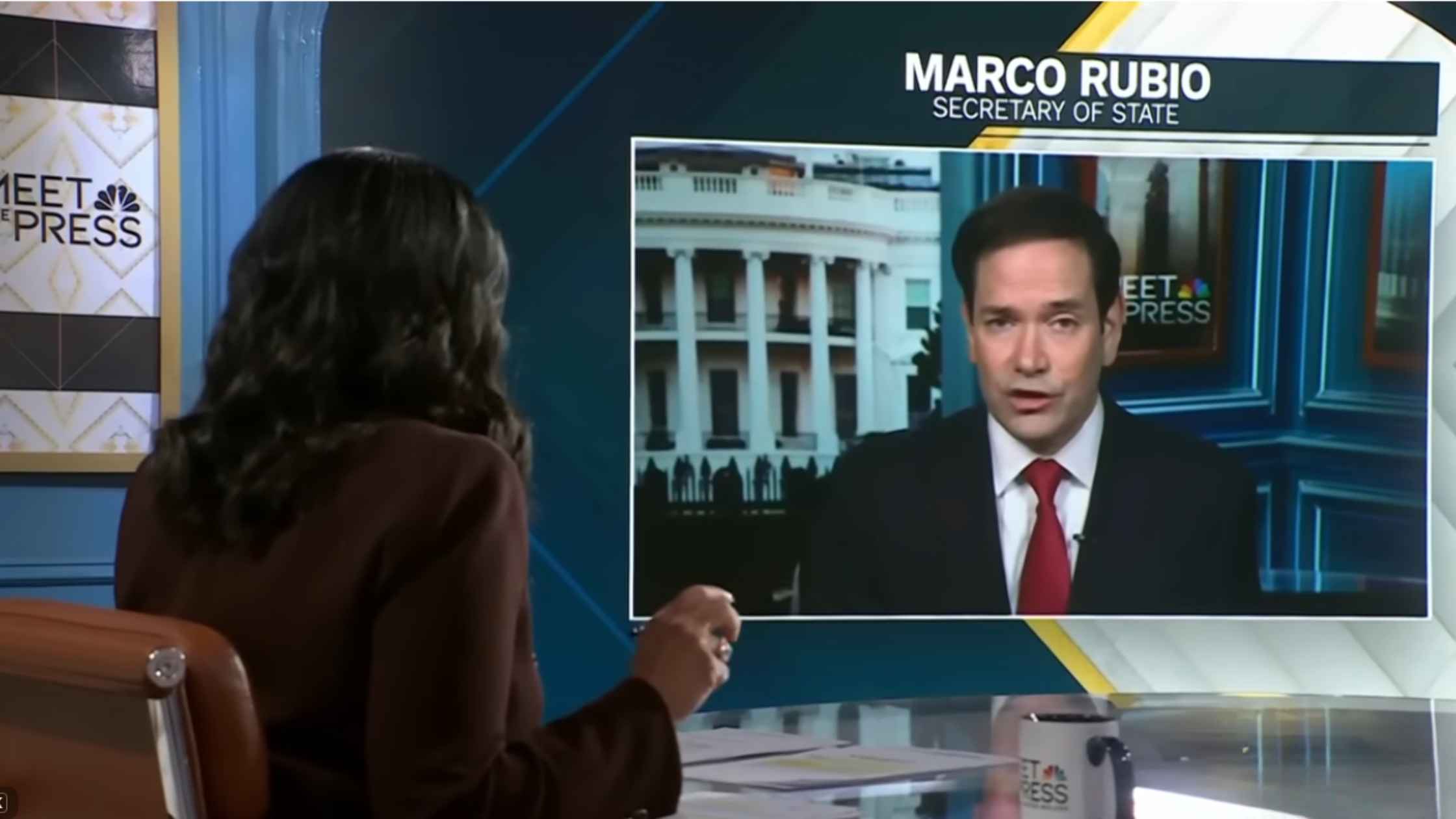
Rubio Addresses Venezuela on Meet The Press
Secretary of State Marco Rubio joins Meet the Press to discuss his involvement in the U.S. capture of Nicolás Maduro. Read the transcript here.
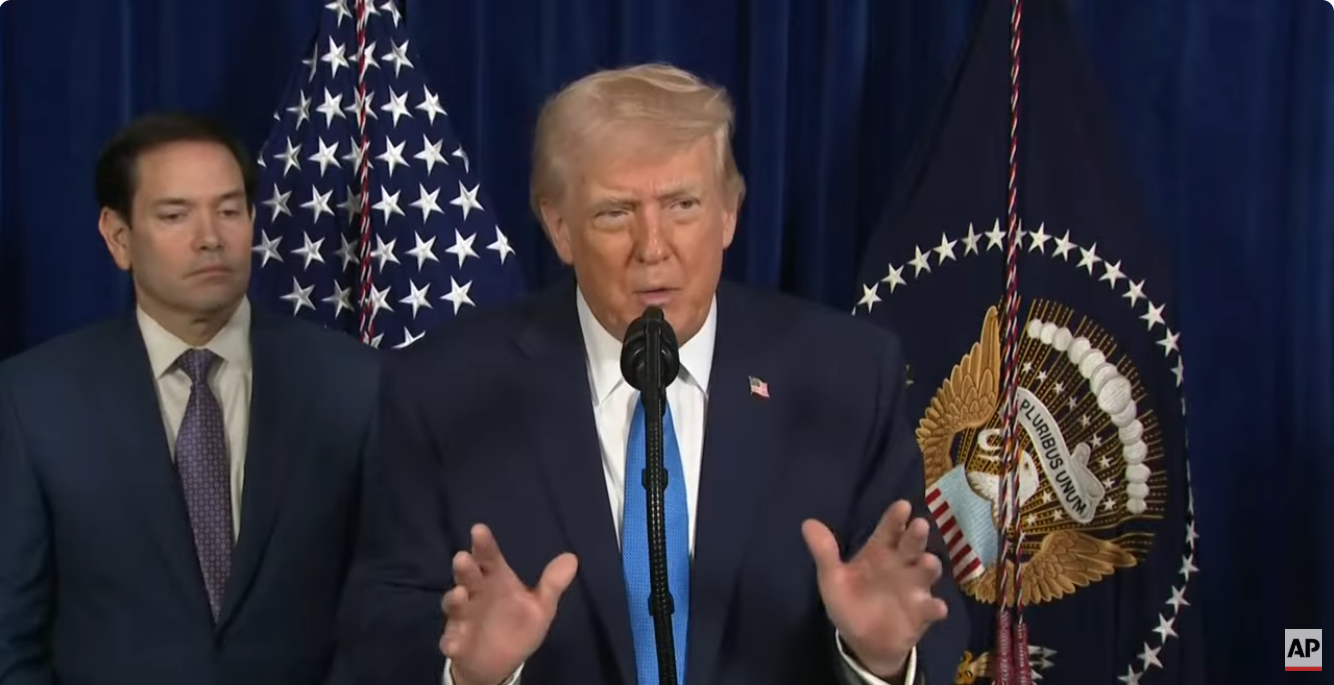
Trump speaks after US strikes Venezuela and Captures Maduro
Donald Trump reveals that the United States struck Venezuela and its president had been captured and flown out of the country. Read the transcript here.
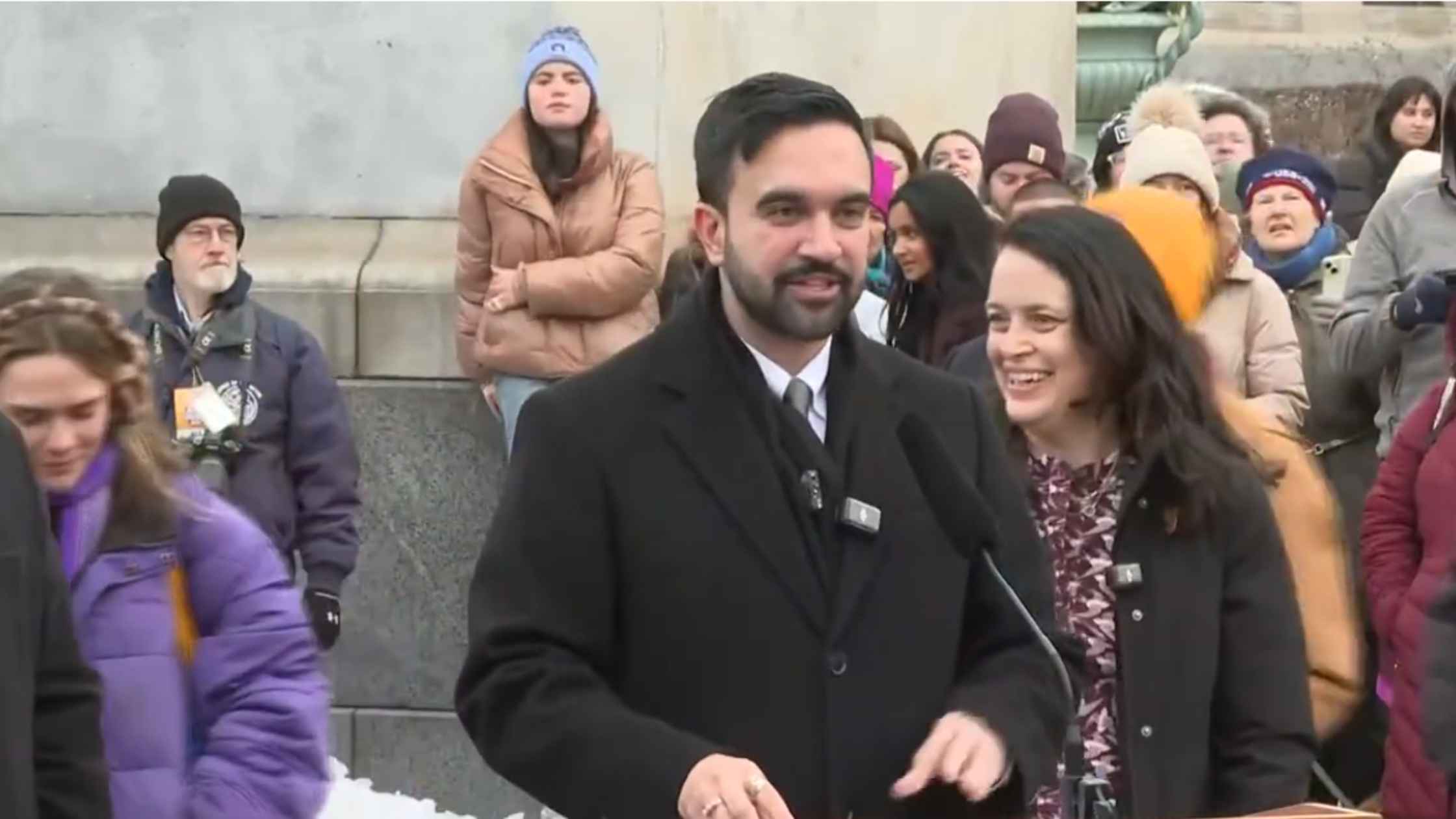
NYC Engagement Changes
NYC Mayor Zohran Mamdani announces the creation of the Office of Mass Engagement to communicate with citizens. Read the transcript here.
Subscribe to The Rev Blog
Sign up to get Rev content delivered straight to your inbox.









